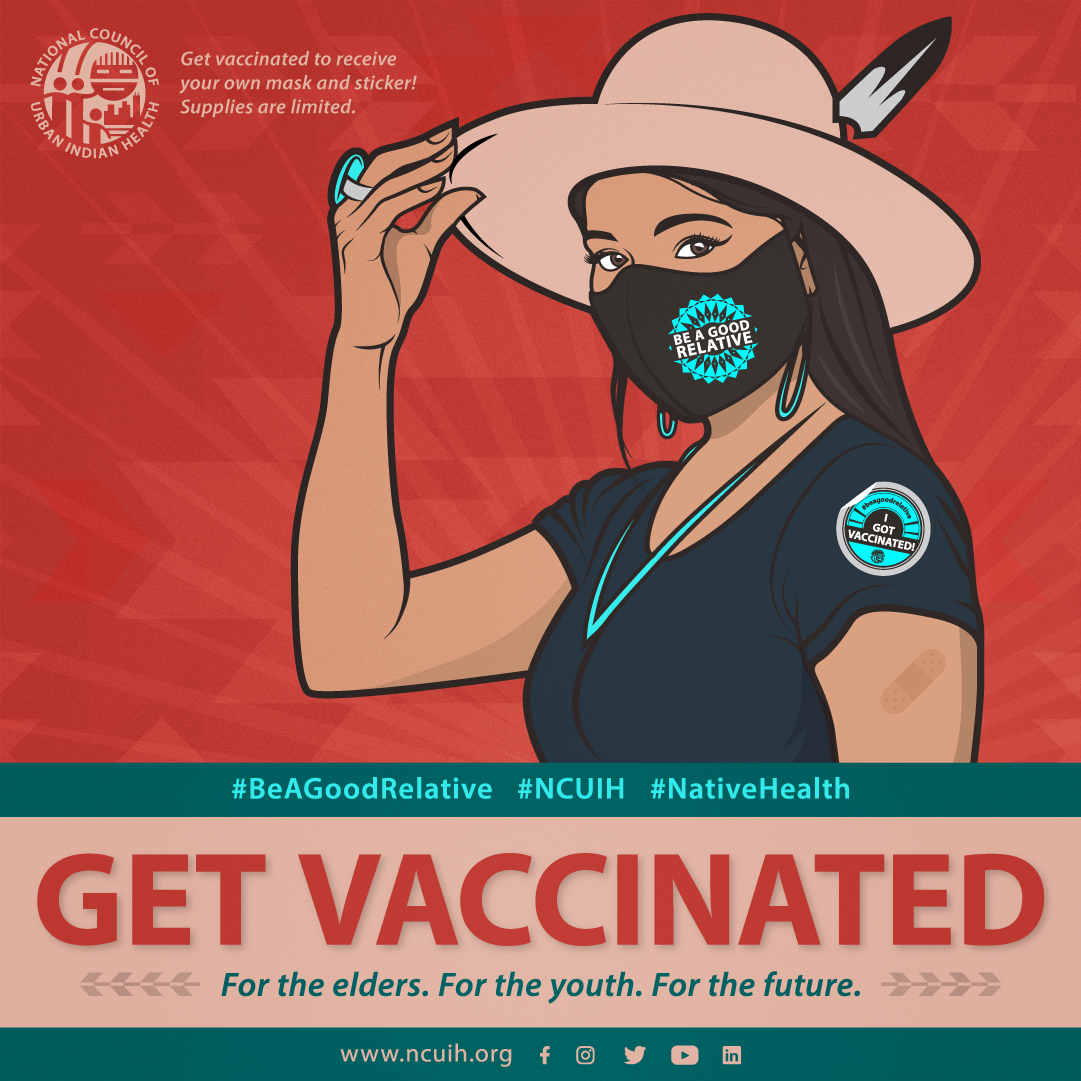COVID-19 in Indian Country
“Since last fall, NCUIH and Native American LifeLines have pushed for the inclusion of the 65,000 Natives in the DMV as Natives are dying from COVID-19 at the highest rates worldwide,” said NCUIH CEO Francys Crevier.
A new plan to reauthorize national surface transportation funding and infrastructure investment includes several key measures to benefit Indian Country.
South Dakota Gov. Kristi Noem should commend the recent checkpoints implemented by Native American tribes to protect their nations from a COVID-19 outbreak, not condemn them with threats of legal action. LINK: https://www.indianz.com/News/2020/05/13/alexander-mallory-tribes-have-full-legal.asp
Essential staff from the Navajo Division of Transportation delivered water, food and cleaning supplies to chapters across the Navajo Nation in support of the Office of the President and Vice President’s distribution and relief efforts.
We will not apologize for being an island of safety in a sea of uncertainty and death.
Governor Kristi Noem sent letters to Chairman Harold Frazier of the Cheyenne River Sioux Tribe and President Bear Runner of the Oglala Sioux Tribe demanding that coronavirus checkpoints be removed from highways.
'Thank you for taking a sudden interest in the roads on the Cheyenne River Reservation,' Chairman Harold Frazier said to the Bureau of Indian Affairs.
Show us how the State of South Dakota owns any land or interest on the Cheyenne River Sioux Tribe reservation and I will show you how the state has violated their compact with the United States.
During the COVID-19 Public Health Emergency, the Navajo Division of Transportation is utilizing a limited number of essential staff to continue specific projects and road maintenance.
New Mexico Tribes will receive over $674,000 in grants from the U.S. Department of Transportation as part of the $2 trillion Coronavirus Aid, Relief, and Economic Security (CARES) Act.
Tools
Search
Useful Links
Categories
Advertisement
Popular Tags
116th
alaska
american rescue plan
ancs
arizona
bia
california
cares act
cdc
cheyenne river sioux
dc
democrats
doi
donald trump
employment
gaming
h.r.748
hhs
house
ihs
jonathan nez
meetings
michigan
mohawk
myron lizer
nafoa
navajo
ncai
ncuih
new mexico
new york
nihb
oklahoma
pueblo
radio
scia
senate
south dakota
steve mnuchin
tom udall
treasury
urban indians
utah
white house
youth

